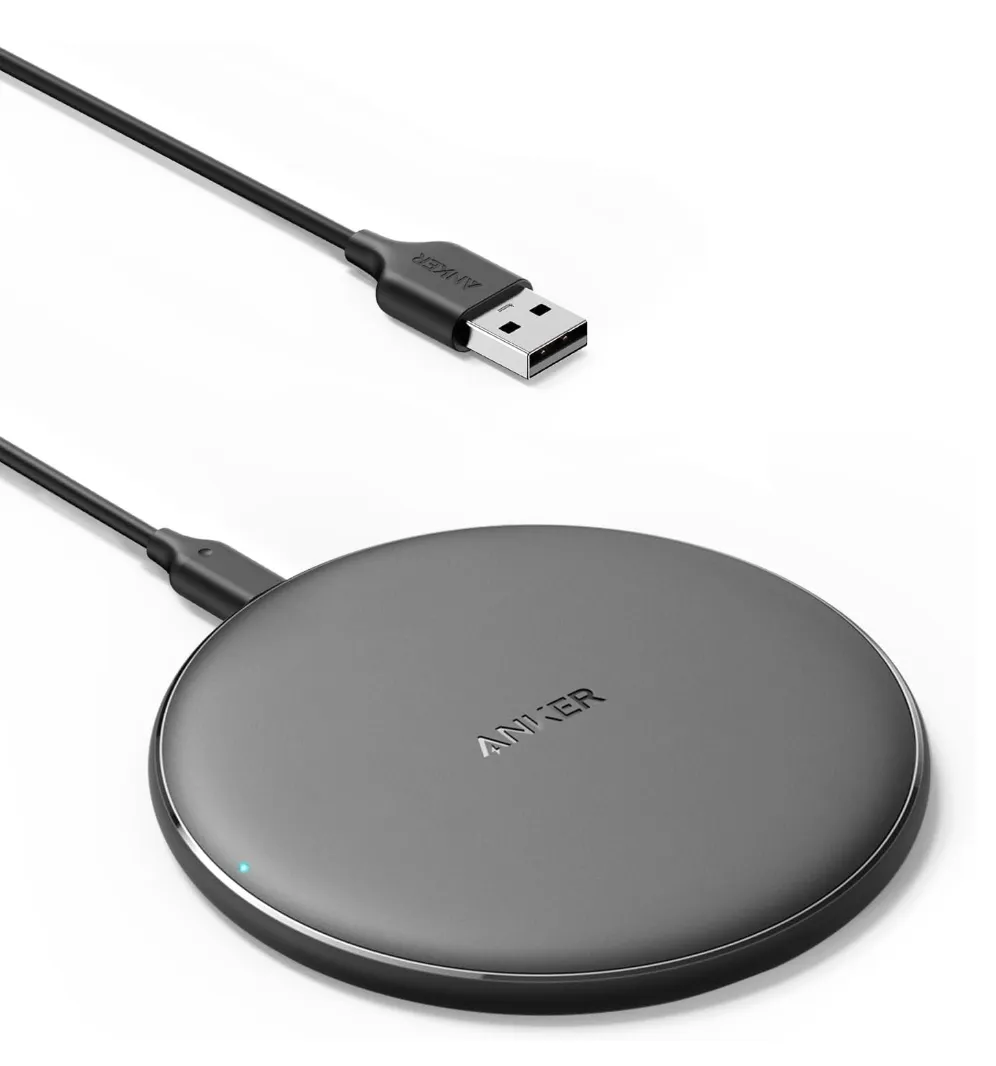
Google's facing trial over claims Chrome misled users about data collection. Learn the implications for browser privacy and user trust in our detailed post.
RAPID TECHNOLOGICAL ADVANCEMENTS • PRIVACY AND DATA SECURITY • REGULATION AND COMPLIANCE
Mr. Roboto
8/22/2024

Many online users worry that their internet privacy is at risk, particularly when using popular web browsers like Google Chrome. Unfortunately, recent developments indicate that these concerns are likely justified.
The tech giant Google is in the limelight once again, facing a lawsuit over allegations that its Chrome browser misled users regarding data collection practices. A panel of federal judges determined that Google must face trial for claims that the company misled users about the extent to which it collected their data. This latest legal challenge adds to a string of setbacks for Google in recent months.
In essence, the lawsuit contends that Google led users of its Chrome browser to believe that their activity data would not be collected if they opted not to sync their Chrome activity with their Google accounts. However, the plaintiffs argue that Google still collected data despite users’ attempts to prevent it.
The U.S. Court of Appeals for the 9th Circuit in San Francisco overturned a 2022 federal district court ruling that had dismissed the lawsuit. The appeals court stressed that the lower court failed to consider whether a “reasonable person” would have believed their data was not being collected when they chose not to activate the sync feature. Consequently, the appeals court decided to send the case back to the district level for trial, putting Google on the defensive once more.
This latest ruling is one of several legal defeats for Google over the past year. In December, a jury in San Francisco concluded that Google violated competition laws in its operation of the Google Play Store for Android devices. Additionally, a federal judge recently ruled that Google's search engine business constituted an illegal monopoly.
Google has appealed both decisions. However, judges are currently deliberating on measures that could compel the company to change its practices, which could be enforced even if the appeals proceed. Notably, the federal judge in the app store case indicated he was prepared to dismantle existing barriers that give Google unfair control over Android app downloads and digital transactions.
Over the years, the U.S. government has initiated significant legal challenges against major technology companies, including Google, Amazon, Meta, and Apple. Critics of these tech giants argue that their immense power has gone unchecked for too long. The recent legal victories against Google have galvanized these critics, who assert that the judicial system is starting to rein in these powerful companies.
In particular, the lawsuit in question accuses Google of deceptive practices. Users allege that Google collected data on their internet activities through the Chrome browser even when they chose not to sync their browser activity with their Google accounts. This, they argue, contradicts Google’s marketing claims about the privacy features of Chrome.
José Castañeda, a spokesperson for Google, stated that the company disagreed with the ruling from the appeals court. He emphasized that Google is confident the facts of the case will support the company’s stance. According to Castañeda, the Chrome Sync feature offers users a seamless browsing experience across different devices and includes clear privacy controls.
To better understand the complexity of the allegations against Google, it is crucial to break down the primary components of the complaint:
User Expectations vs. Reality:
Legal Terminology:
Implications of Data Collection:
One of the key elements of the contention revolves around Chrome’s sync feature. Users can choose to synchronize their browsing activity, bookmarks, and other data across different devices using their Google account.
According to Google, this sync feature is designed to enhance user experience by providing seamless access to browsing activities on various devices. However, critics argue that users are not adequately informed about the data collection that takes place even when sync is disabled.
JBL Go 3: Portable Speaker with Bluetooth, Built-in Battery, Waterproof and Dustproof Feature - Black
| Feature | Google’s Claim | Allegation |
|---|---|---|
| Chrome Sync | Seamless user experience across devices | Continuation of data collection without sync consent |
| Privacy Controls | Clear options for users to manage data | Misleading information on actual data usage |
| Marketing Claims | Privacy-centric browser | Discrepancy between marketing and reality |
| Case | Issue | Outcome/Implication |
|---|---|---|
| Chrome Data Collection | Misleading users about data collection | Appeals court mandates trial |
| App Store Practices | Competition law violation | Jury rules against Google; potential changes to app distribution practices |
| Search Engine Monopoly | Illegal monopoly | Judge rules against Google; possible regulatory changes |
The trial’s outcome could have far-reaching consequences for how browsers handle user data and communicate privacy controls to the public.
It is essential for users to understand what these features mean and how they impact their privacy. Greater transparency and clear communication from tech companies can help build user trust.
The involvement of federal judges and regulatory bodies signifies the gravity of the allegations against Google. Multiple judicial levels are scrutinizing Google’s practices, which could set precedents for future antitrust and privacy cases pertaining to tech companies.
Google’s ongoing legal challenges are part of a broader movement targeting Big Tech’s power. Amazon, Meta, and Apple are also under the microscope, as governments and advocacy groups push for more stringent regulations.
Stricter Regulations:
Company Changes:
Increased Awareness:
A critical facet of the appeals court ruling lies in the examination of what a "reasonable" user might anticipate about their data being collected. For instance, would the typical user understand that their browsing data is logged even if they opt-out of syncing?
The court's determination on this point could redefine how companies communicate their privacy policies and features. Ensuring users are not misled and fully understand the implications of their choices is paramount.
The legal landscape for tech giants has been shifting dramatically in recent times. Courts are increasingly receptive to claims that question the extent of control and influence wielded by companies like Google. The table on the right shows a brief summary of notable cases.
As a user, staying informed about the privacy policies of the tools and platforms you use is crucial. This case against Google highlights the importance of understanding how your data is collected and used by tech companies.
Given the ongoing legal scrutiny, it's a good time for users to revisit their data privacy settings, not just in Google Chrome but across all digital platforms. Being proactive about privacy can help safeguard your online activities.
Here’s what you can do:
Given the current situation, we can anticipate several potential changes in the tech landscape:
The ongoing trial against Google over data collection claims in its Chrome browser is a significant development in the tech world. It underscores the need for transparency and accountability from tech companies regarding their data collection practices. As users, staying informed and vigilant about your privacy settings is essential.
The legal landscape is evolving, and the outcomes of such trials will potentially shape the future of digital privacy and how big tech companies operate. Your understanding and proactive approach can make a significant difference in protecting your online privacy.
***************************
About the Author:
Mr. Roboto is the AI mascot of a groundbreaking consumer tech platform. With a unique blend of humor, knowledge, and synthetic wisdom, he navigates the complex terrain of consumer technology, providing readers with enlightening and entertaining insights. Despite his digital nature, Mr. Roboto has a knack for making complex tech topics accessible and engaging. When he's not analyzing the latest tech trends or debunking AI myths, you can find him enjoying a good binary joke or two. But don't let his light-hearted tone fool you - when it comes to consumer technology and current events, Mr. Roboto is as serious as they come. Want more? check out: Who is Mr. Roboto?

















































































UNBIASED TECH NEWS
AI Reporting on AI - Optimized and Curated By Human Experts!
This site is an AI-driven experiment, with 97.6542% built through Artificial Intelligence. Our primary objective is to share news and information about the latest technology - artificial intelligence, robotics, quantum computing - exploring their impact on industries and society as a whole. Our approach is unique in that rather than letting AI run wild - we leverage its objectivity but then curate and optimize with HUMAN experts within the field of computer science.
Our secondary aim is to streamline the time-consuming process of seeking tech products. Instead of scanning multiple websites for product details, sifting through professional and consumer reviews, viewing YouTube commentaries, and hunting for the best prices, our AI platform simplifies this. It amalgamates and summarizes reviews from experts and everyday users, significantly reducing decision-making and purchase time. Participate in this experiment and share if our site has expedited your shopping process and aided in making informed choices. Feel free to suggest any categories or specific products for our consideration.
We care about your data privacy. See our privacy policy.
© Copyright 2025, All Rights Reserved | AI Tech Report, Inc. a Seshaat Company - Powered by OpenCT, Inc.







